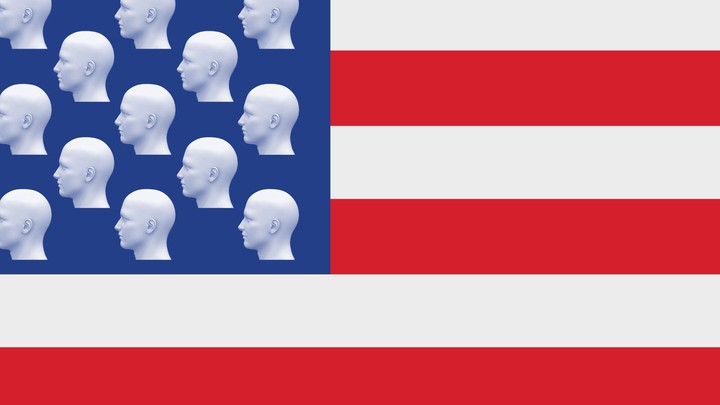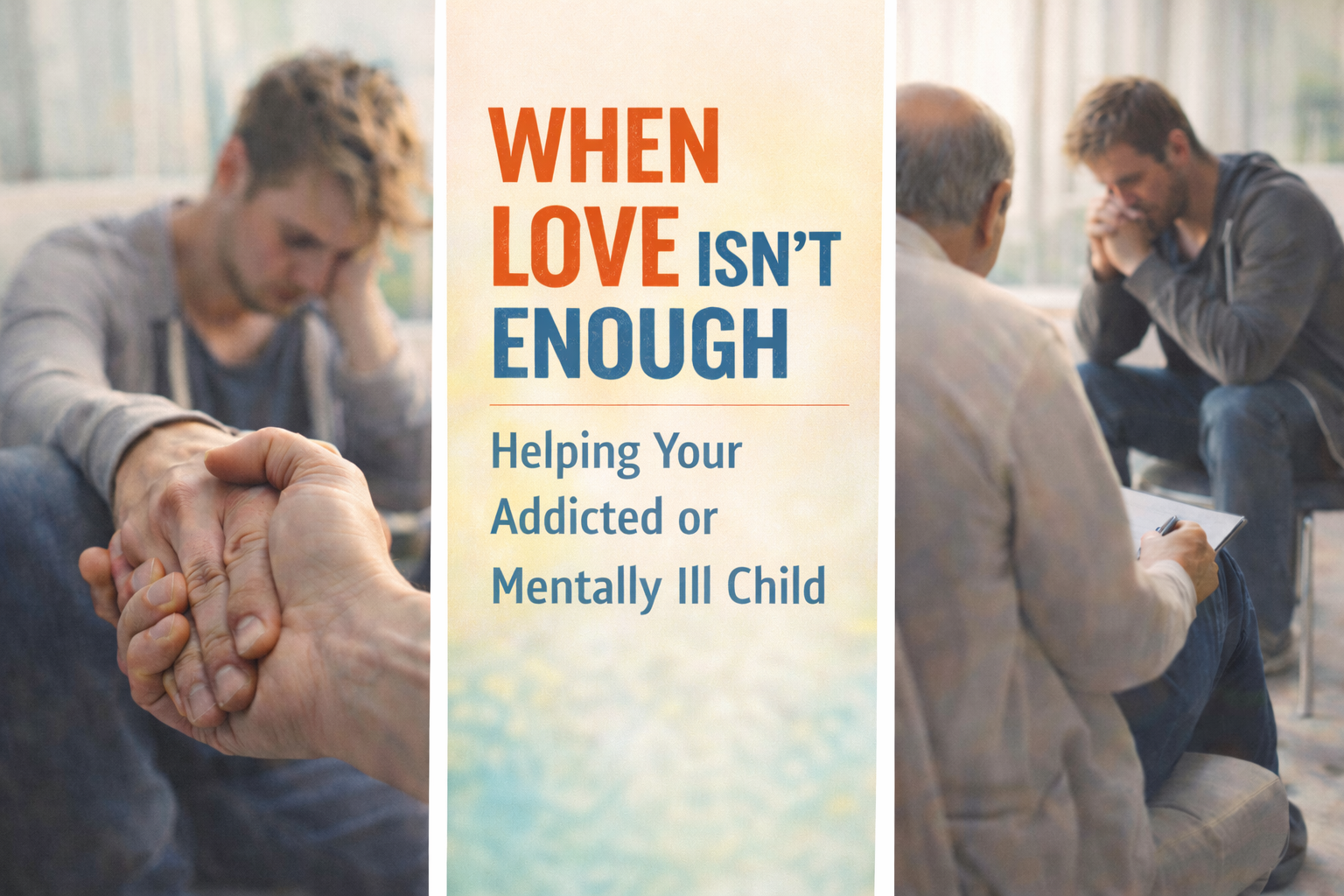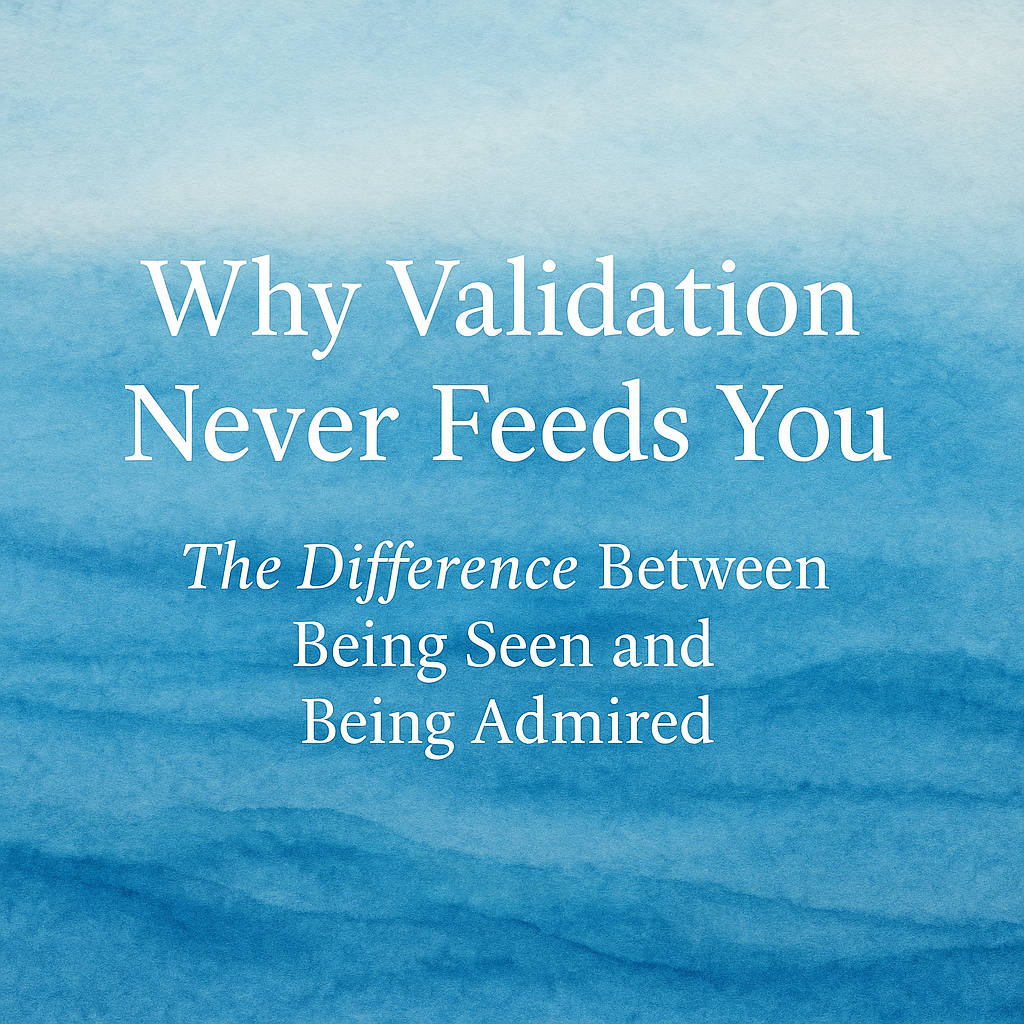The Symptom of a Deeper Illness
Charlie Kirk was shot dead on a college campus today. The news felt like the air was sucked out of the room. The video circulating was sickening—hard to fathom one human doing that to another.
We can’t keep pretending these are isolated incidents. And isn’t it strange—how this has become normal? Not just normal to hear about in the news, but normal as an outlet for deeply broken people to channel their rage, despair, and frustration toward someone else.
We are living in a very sick society, one gripped by a complicated mental health crisis.
A Nation in Psychological Freefall
Psychodynamic theoryPsychodynamic Theory is a framework that emphasizes the influence of unconscious processes, early ch… reminds us that behavior is never just behavior—it is communication. Behind violent outbursts, addictive spirals, or self-harm lies an unspoken message: I am overwhelmed. I cannot contain what I feel. Help me.
We see this message everywhere:
In the staggering rise of youth suicide.
In epidemic levels of anxiety, loneliness, and substance abuse.
In the way our public discourse has grown more polarized, more aggressive, and less capable of tolerating difference.
When inner worlds are fragile, the social fabric mirrors that fragility. What happened in Utah was not just about one individual; it was about a collective psyche coming apart at the seams.
The Roots of Violence, Despair, and Disconnection
This isn’t about politics. What we saw today sits at the intersection of mental health, political polarization and extremism, and the influence of technology and social media.
At its core, this is about suffering people—many raised in deeply broken environments, living within a society that itself feels broken. Without support, without connection, pain and delusion festers until it bursts.
Unprocessed traumaTrauma refers to the emotional and psychological response to a deeply distressing or disturbing even… does not disappear—it reemerges, displaced and disguised. For some, it turns inward in depression, shame, or suicidal despair. For others, it bursts outward in violence, projectionProjection is a defense mechanism where individuals attribute their own unwanted thoughts, feelings,…, and rage.
But this crisis is not just about trauma. It is also a crisis of meaning, purpose, and connectedness.
The Role of Social Media
Everyone is on their devices. Screens dominate our days, shaping how we communicate, how we see ourselves, and how we relate to others. For younger generations, raised almost entirely in this digital ecosystem, the impact runs deep.
We are now seeing staggering social deficits—difficulty connecting face-to-face, deficits in empathyEmpathy is the ability to understand and share the feelings of another person. In psychodynamic ther…, and struggles with the basic capacity to build and sustain relationships. What should be natural—listening, attuning, being present with another person—has become harder to access.
Paradoxically, we’re more “connected” than ever and yet profoundly isolated. The very tools that promised connection have left many feeling unseen, unknown, and unable to tolerate the depth of human interaction.
Social media doesn’t just reflect the crisis; it shapes it, reinforcing disconnection and amplifying our collective fragility.
Political Insanity and Manufactured Extremes
Overlaying all of this is the political insanity we’ve been subjected to, fueled daily by media outlets that thrive on outrage.
The relentless drumbeat of partisan headlines has carved deep trenches in our national psyche, creating extremists on both ends of the spectrum. Instead of cultivating dialogue or curiosity, our media environment rewards polarization, mistrust, and demonization.
This doesn’t just distort politics—it corrodes our collective mental health. A society taught to view neighbors as enemies loses the connective tissue that sustains meaning and community.
When you combine untreated mental health issues with the accelerants of social media and political polarization, you get a volatile mix. The algorithms reward outrage, the media amplifies division, and individuals already struggling with trauma or despair can be pulled into extremist thinking. These forces collide and sometimes erupt in the kind of devastating acts we witnessed today.
Before we are defined by ideas, we are bound by our shared humanity. Though our beliefs diverge, they need not divide us; we inhabit the same reality, the same objective space, and must learn to work with each other in the spirit of humility and grace.
America’s Avoidance
It is no sign of health to be well-adjusted to a sick society. What we’re facing is not an individual flaw, but a systemic crisis.
We live in a culture that prizes productivity and quick fixes. But the psyche resists shortcuts.
You cannot medicate away loneliness, legislate away despair, or scroll away anxiety. Without depth, without meaning, the unspoken parts of our lives return—louder, darker, and more desperate.
In this light, shootings like today’s become less isolated acts and more eruptions of what we have all been avoiding: the truth that we are a nation flooded with uncontained psychological suffering, disconnected from ourselves and one another.
We need families and communities that function in ways that truly promote mental health—because we don’t design ourselves in isolation. Every time you talk with your kids about their feelings, validate them, and hold space for their inner world, you are shaping their baseline mental health. When a teacher at school offers genuine concern, when a mentor steps into a kid’s life, when communities gather in person to share real contact, events, and relationships—these moments all serve as protective factors. They are, in effect, vaccinations against a future where unprocessed pain gets expressed through destructive acting out.
A Path Forward
If America is to recover, we need more than policy responses or partisan statements. We need:
Spaces of containment. Schools, workplaces, and communities must allow emotional processingEmotional Processing involves the ability to recognize, express, and integrate emotions related to t…, not just crisis managementCrisis Management refers to the immediate response strategies employed to help individuals experienc….
Investment in prevention. Trauma-informed careTrauma-Informed Care is an approach to therapy that recognizes the widespread impact of trauma and e… and long-term therapeutic relationships save lives.
Rebuilding meaning and connectedness. Human beings need more than symptom relief—we need belonging, purpose, and community. Without them, the psyche fragments.
Respectful identificationIdentification is a psychological process where individuals adopt the characteristics, values, or be… of those in need. In collective settings—schools, universities, workplaces—we must be willing to notice, flag, and compassionately engage those who are struggling before crisis erupts. This isn’t about stigma or punishment; it’s about extending care when warning signs appear.
Depolarizing our media environment. We must become aware of how traditional and social media fuel outrage, mistrust, and extremism. Encouraging balanced reporting, reducing algorithmic amplification of division, and creating healthier online norms are essential if we want to restore psychological stability.
Awareness of technology’s impact. Smartphones, constant notifications, and device-driven living fracture attention, increase anxiety, and erode presence. We need not just restraint but wisdom—an approach for how to integrate technology into our lives in ways that leave us mentally well. Right now, we lack a collective sense of “technological hygiene,” the practices and boundariesBoundaries in group therapy are the limits established to maintain a safe and respectful environment… necessary to keep our inner lives intact in the digital age.
A cultural shift. From denying pain to making room for it—from acting it out to working it through.
- Better Care. And we can’t ignore the role of institutions. Insurance companies need to step up and provide real coverage for mental health. To pay what’s fair to have quality therapists on their panels. Right now, too many people are shut out of quality care simply because their benefits are inadequate. If we’re serious about addressing this crisis at the root, access to therapy can’t remain a privilege—it has to be treated as essential healthcare.
- Normalize Therapy in our Institutions. Therapy also needs to be built into the fabric of our everyday institutions. We should have more psychologists on staff in schools, embedded in workplaces, and present in community settings where people actually live their lives. Mental health support can’t remain something you only seek out in crisis—it has to be integrated into the structures we already rely on.
The Reckoning
What hit me hardest was learning that Charlie Kirk was a husband and a father. Watching him collapse stripped away the headlines and left only the human cost. His wife now faces the unimaginable. His daughter has to be told that daddy isn’t coming home. His son will grow up never knowing him.
As a father of three young kids, it shook me deeply. I worry about the world they’re inheriting if we don’t get a grip on this. If we can’t slow down, reflect, and start having an honest national conversation about our collective mental health, then these ruptures will only keep multiplying.
Part of that responsibility means noticing when someone is struggling—whether in a classroom, workplace, or community—and reaching out with compassion before pain hardens into violence.
The question is no longer whether America is in a mental health crisis—we are. The question is whether we will finally listen to what our symptoms are trying to tell us: that this is not just a crisis of mental health, but of meaning, purpose, connectedness—and our willingness to see and respond to one another’s suffering before it’s too late.





